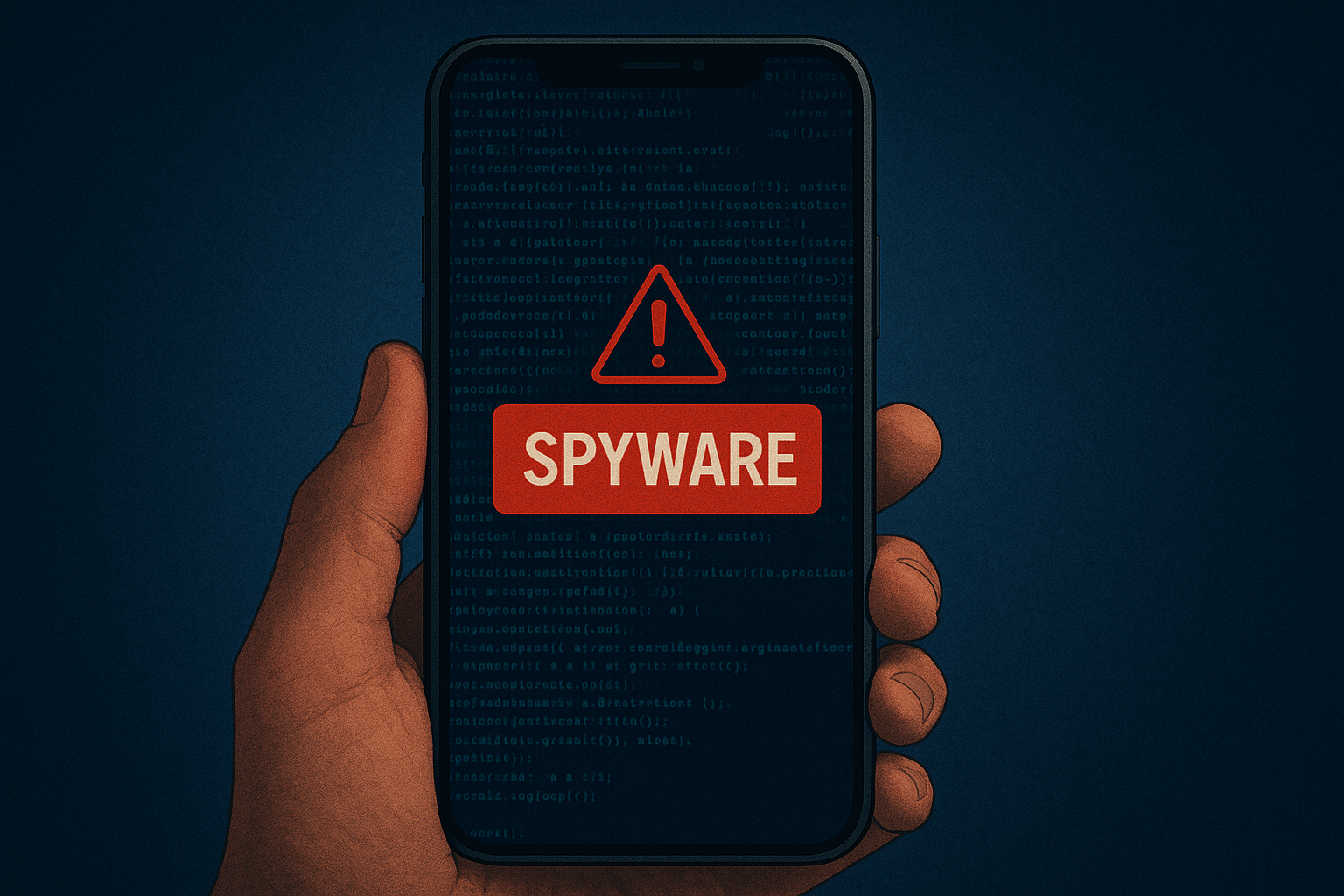Internet Control Message Protocol (ICMP) is a special type of packet used for inter-device communication, carrying everything from redirect instructions to timestamps for synchronization between devices. ICMP is an error-reporting protocol for network devices such as routers, used to generate error messages to the source IP address when network problems prevent delivery of IP packets. While ICMP is not used regularly in end-user applications, it is used by network administrators to troubleshoot Internet connections in diagnostic utilities.
While there aren’t specific actions you can take around ICMP regarding security, you need to be doing these things to protect your sensitive information:
Most of these recommendations are built into CyberHoot. With CyberHoot you can govern, train, assess, and test your employees. Visit CyberHoot.com and sign up for our services today. At the very least continue to learn by enrolling in our monthly Cybersecurity newsletters to stay on top of current cybersecurity updates.
Related Terms: Transmission Control Protocol (TCP), User Datagram Protocol (UDP)
Sources: TechTarget, PingPlotter
Discover and share the latest cybersecurity trends, tips and best practices – alongside new threats to watch out for.

Phishing emails used to be easy to spot. Bad grammar. Weird links. Obvious scams. Those days are...
Read more
Cybercriminals always follow Internet eyeballs. Not literally, but figuratively. And today's eyeballs are...
Read more
Active Attacks on Messaging Apps The Cybersecurity and Infrastructure Security Agency (CISA) recently issued...
Read moreGet sharper eyes on human risks, with the positive approach that beats traditional phish testing.
